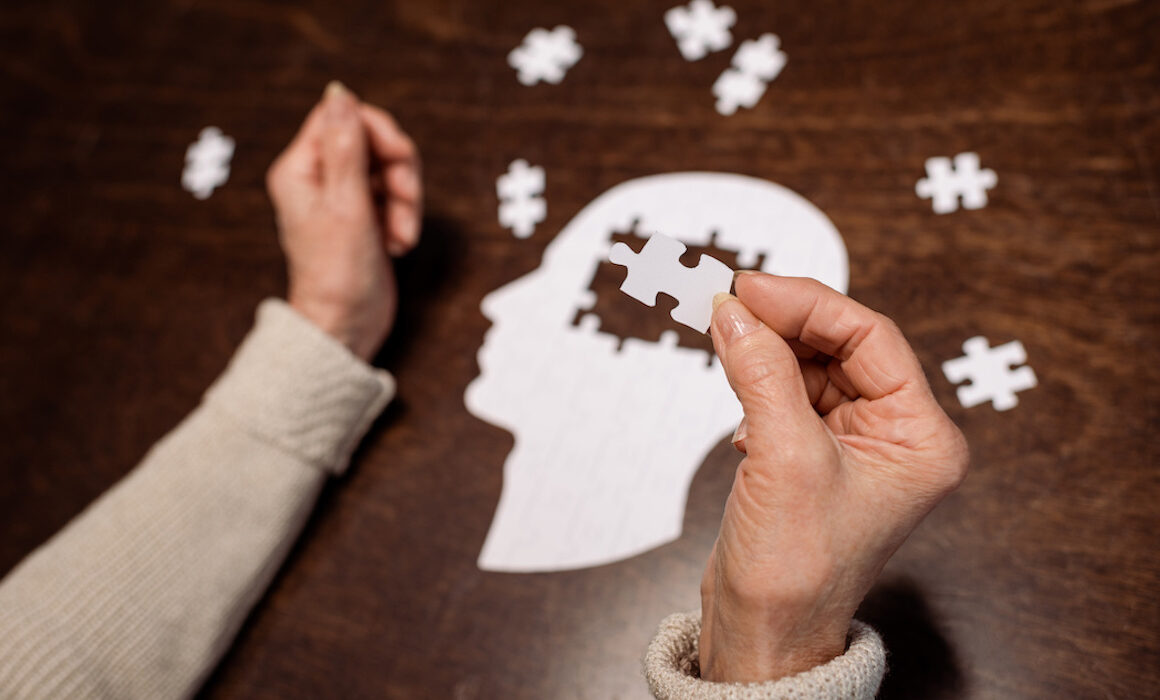Israeli Biomedical Research Introduces New Brain Damage Rehab Techniques – Study
Published by www.jpost.com on May 4, 2023.

How agile are your fingers? Finger dexterity is a highly developed human skill that is vital for a huge range of activities including eating with a knife and fork, tying shoelaces, typing and playing musical instruments. This ability is based not only on the unique anatomy of the human hand, but also on complex brain capabilities.
The brain controls finger dexterity via intricate mechanisms that have long challenged scientists in various fields. Now, a study conducted at the Technion-Israel Institute of Technology in Haifa sheds light on this subject and, according to the researchers, is likely to lead to the development of innovative rehabilitation strategies that would be adaptable to the needs of individual patients.
The research was led by Prof. Firas Mawase, head of the sensorimotor neuroscience and neurorehabilitation laboratory in the Technion’s Faculty of Biomedical Engineering, and graduate student Gili Kamara. Their results have just been published in the journal Cell Reports under the title “Generalization indicates asymmetric and interactive control networks for multi-finger dexterous movements.”
Keep reading at jpost.com.